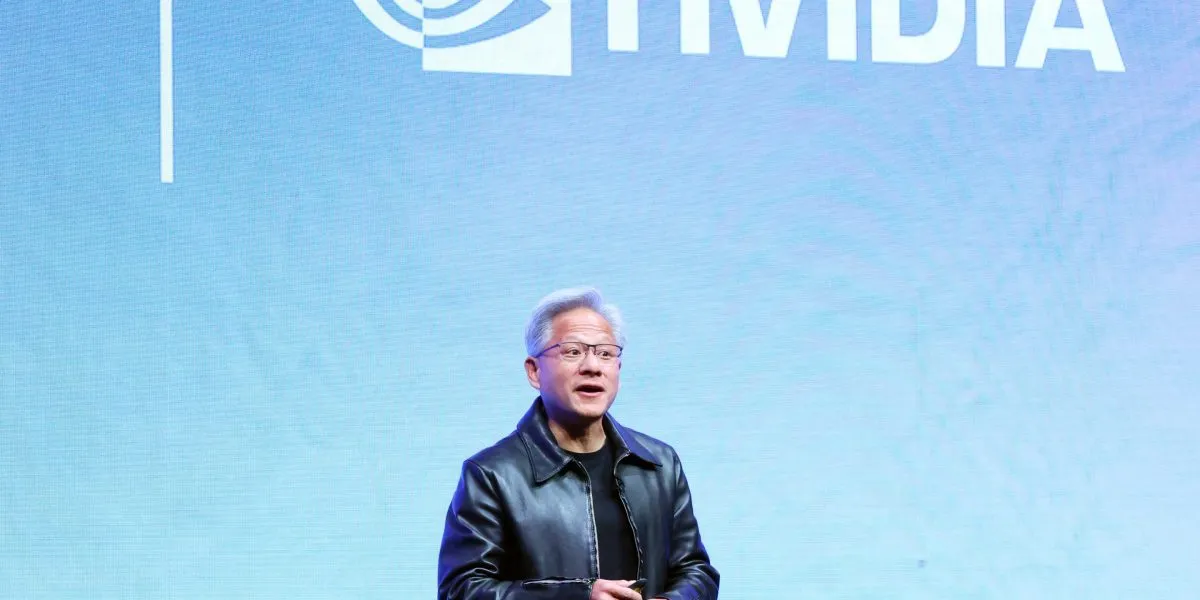
In a recent interview with Citadel Securities, Nvidia's CEO Jensen Huang issued a stark warning regarding the intricate relationship between the United States and China. He emphasized that actions detrimental to China could, in turn, harm the U.S., and sometimes even in more severe ways. Huang stated, “Before we leap towards policies that are hurtful to other people, take a step back and maybe reflect on what are the policies that are helpful to America.” This cautionary message comes at a time when Nvidia's advanced processors are not just pivotal in the AI race, but have also become significant political tools amidst the ongoing U.S.-China trade war.
Huang expressed a desire for the global tech landscape to be dominated by U.S. technology, yet he pointed out a critical fact: nearly half of the world’s AI researchers are based in China. He remarked, “I think it’s a mistake to not have those researchers build AI on American technology.” Striking a balance between maintaining U.S. technological supremacy while ensuring access to China's vast talent pool will demand a nuanced approach, rather than a binary, all-or-nothing strategy, Huang cautioned.
Currently, Nvidia is “100% out of China,” a situation Huang described as alarming for U.S. policymakers. “We went from 95% market share to 0%, and so I can’t imagine any policymaker thinking that that’s a good idea, that whatever policy we implemented caused America to lose one of the largest markets in the world,” he explained. This loss of market presence is largely attributed to the Biden administration's 2022 regulations, which imposed restrictions on the export of Nvidia’s most advanced AI chips to China. In response, Nvidia had to design a new processor that complied with these stringent limitations.
The previous Trump administration also played a significant role in this dynamic. In April, it was reported that the administration obstructed certain sales of AI chips to China, requiring licenses for future transactions. However, in August, the Biden administration granted export licenses for specific Nvidia and AMD chips to China, albeit in exchange for 15% of the revenue generated. Despite these allowances, Chinese regulators have reportedly advised domestic tech companies to refrain from purchasing Nvidia chips designed to meet U.S. export standards.
Amidst these tensions, Beijing has retaliated by imposing strict limits on the export of rare earth materials, a crucial component for numerous advanced technologies. This move parallels U.S. export restrictions on AI chips, prompting President Donald Trump to respond with an additional 100% tariff on Chinese goods. Both nations are set to resume discussions this week, with a significant meeting planned between Trump and his Chinese counterpart later this month.
For the time being, Huang conveyed to Citadel that Nvidia’s financial predictions are based on the assumption that China will remain outside the company's operational sphere. “If anything happens in China, which I hope it will, it’ll be a bonus,” he noted. He also highlighted the importance of China in the global market, stating, “China is the second largest computer market in the world. It is a vibrant ecosystem. I think it’s a mistake for the United States to not participate.” Huang expressed hope that continued dialogue could lead to a more favorable policy environment for U.S.-China tech relations.